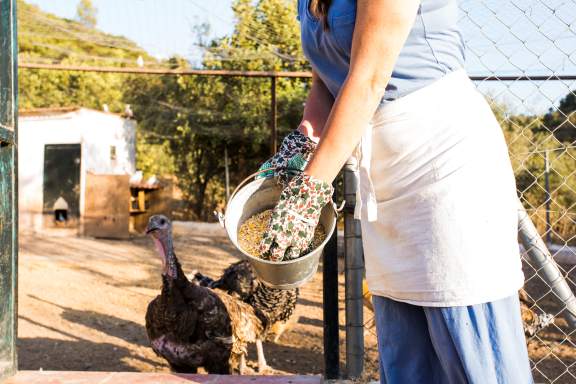553

Meat quality is directly influenced by the type of feed used in animal farming. According to FAO, the use of balanced feed rich in plant proteins and essential fatty acids can improve the nutritional profile of meat and reduce the level of saturated fats.
Studies show that animals fed with natural feed and whole grains produce meat richer in omega-3 fatty acids and vitamins. By contrast, intensive feeding with concentrates can increase cholesterol levels and reduce the organoleptic quality of the final product.
In Romania, INS data indicate that in 2024 over 70% of meat production came from industrial farms, where compound feed plays an essential role. However, there is growing interest in farms promoting sustainable feeding systems, particularly for premium exports.
For consumers, information on the origin and feeding of animals is becoming an important selection criterion. Labels certifying natural and sustainable feeding can add value to the product and strengthen market confidence.
In the medium term, European sustainability policies will increasingly encourage the use of natural animal feed, which will have a positive impact on meat quality and consumer health.
(Photo: Freepik)




